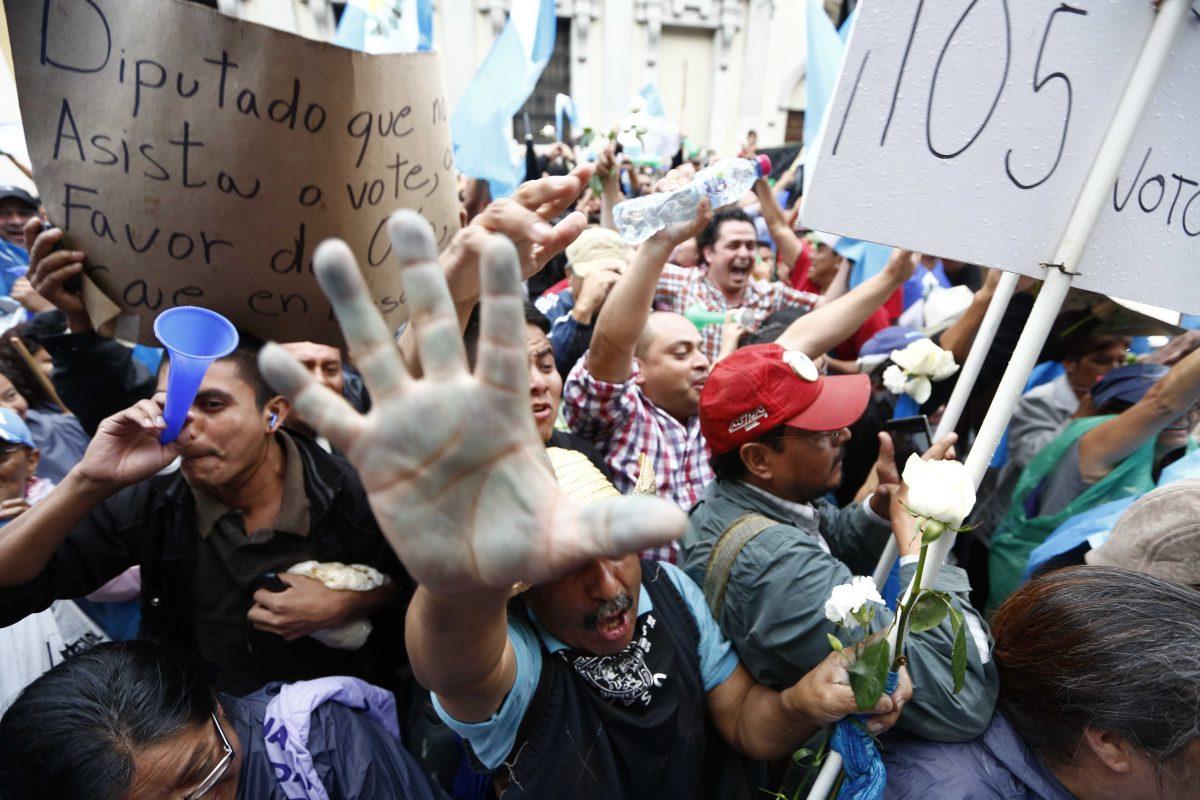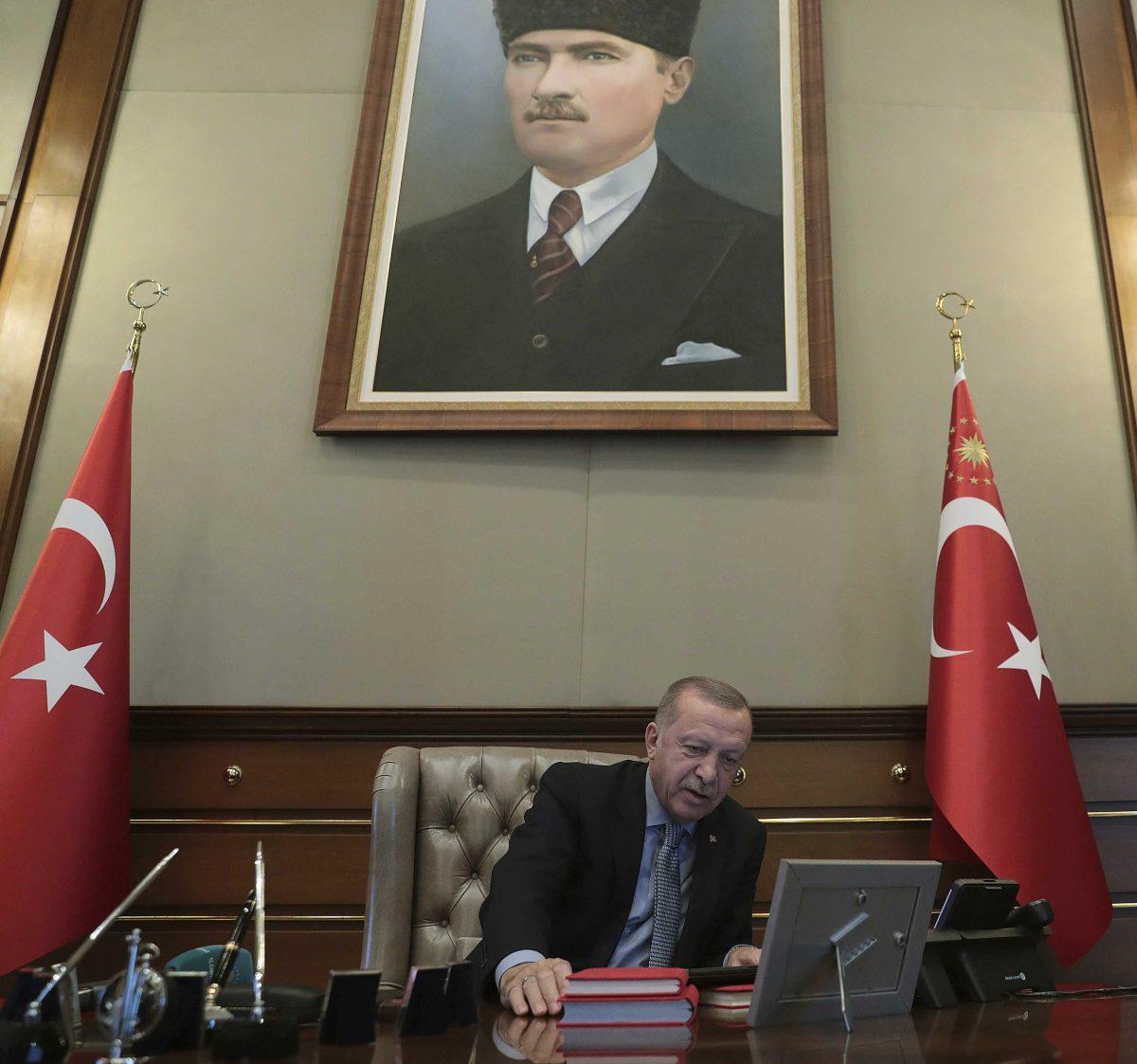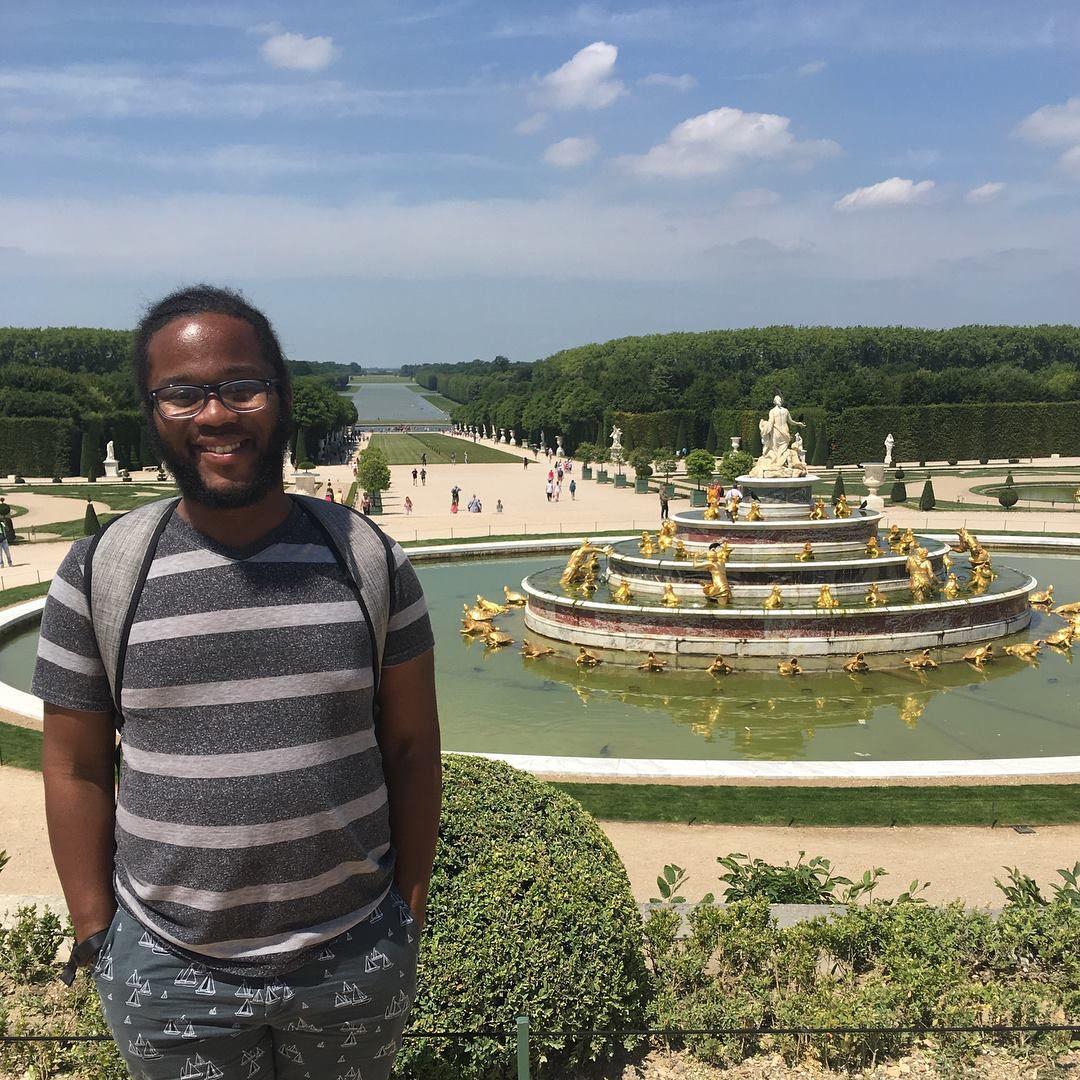A rising wave of protests in Guatemala sparked by corruption allegations has culminated in President Otto Pérez Molina’s resignation and arrest, as well as a new presidential election held Sunday.
Many Guatemalan members of the LSU community are closely following the scandal’s developments and expressing hopeful expectations for their home country’s future.
Molina, a former brigade general and military intelligence director during the Guatemalan Civil War, allegedly engaged in a customs fraud scheme known as La Línea. The Guatemalan legislature voted to waive Molina’s immunity to prosecution Sept. 1, and he was subsequently arrested and held in jail overnight, according to the Associated Press.
An investigation by the United Nations’ International Committee against Impunity in Guatemala uncovered evidence that the president and vice president were involved in corruption, said Claudia Escobar, a Guatemalan judge and LSU alumna.
The vice president of Guatemala resigned in May, followed by the resignations of other Molina administration members — leading to the resignation of Molina himself on Wednesday.
“I think the Guatemalan citizens are not willing to take this anymore,” Escobar said. “I think he betrayed not only the people but … he was a general, so he also betrayed his institution, the military.”
Juan Diego Guzman, an industrial engineering sophomore from Guatemala who attended the same school as Molina’s grandchildren and has met the former president, said the 2011 election that brought Molina to office had many flaws.
Other candidates in the election had links to drug trafficking and illegal campaign activities, leaving voters dissatisfied with their options at the ballot box, Diego said.
“Pérez Molina was kind of elected as being the least worst option,” Diego said.
Molina promised a strict crackdown on crime and general violence in Guatemala — changes that failed to materialize, Diego said. Dissatisfaction with the Molina administration boiled over in April 2015 after the U.N. committee’s findings indicating widespread fraud by Molina and his inner circle became public.
“They got really angry, and they started going to the streets every Saturday asking for them to resign,” Escobar said.
Diego noted many Guatemalans have already concluded Molina is guilty, and he advised people to remember the investigation is still underway and a verdict has not been issued.
“The evidence is very compelling against him, but there is always a chance that somebody might be innocent,” Diego said.
New elections were held Sunday with significant turnout, but Escobar expressed concern over the available candidates, and Diego pointed out the possibility for violence in the elections’ aftermath.
“Many of the politicians are involved in corruption scandals,” Escobar said. “People are going to demand accountability.”
Early results indicate that candidate Jimmy Morales is in the lead with roughly 24 percent of the vote. Guatemalan law requires a runoff election if no candidate appears to have more than 50 percent of the vote. A runoff is being scheduled for October, according to the BBC.
Escobar said Guatemala will likely need constitutional reforms, with stronger separation of powers between the different parts of government and a more independent judicial system. She also stressed the importance of international cooperation and political activism by Guatemalan citizens.
“Guatemala is right now like Colombia was in the ’90s,” Escobar said. “The problem is very complex.”
Diego expressed admiration for the manner in which the anti-Molina protesters conducted themselves.
“I am very proud of my country because of how they have handled things,” Diego said. “These things could have led to violent protests, they could have done lots of things they didn’t do. But they maintained the peace all the time, and we got our point across.”
Guatemalan students, alumni react to home country’s political turmoil
By Trent Parker
September 7, 2015
Demonstrators react in jubilation in front of the Guatemalan Congress building the as they hear the news that Congress has voted to withdraw President Otto Perez Molina’s immunity from prosecution, in Guatemala City, Tuesday, Sep. 1, 2015. Perez Molina’s government has been beset by a series of corruption cases, but until now he has been immune to prosecution as president. (AP Photo Moises Castillo)
More to Discover











